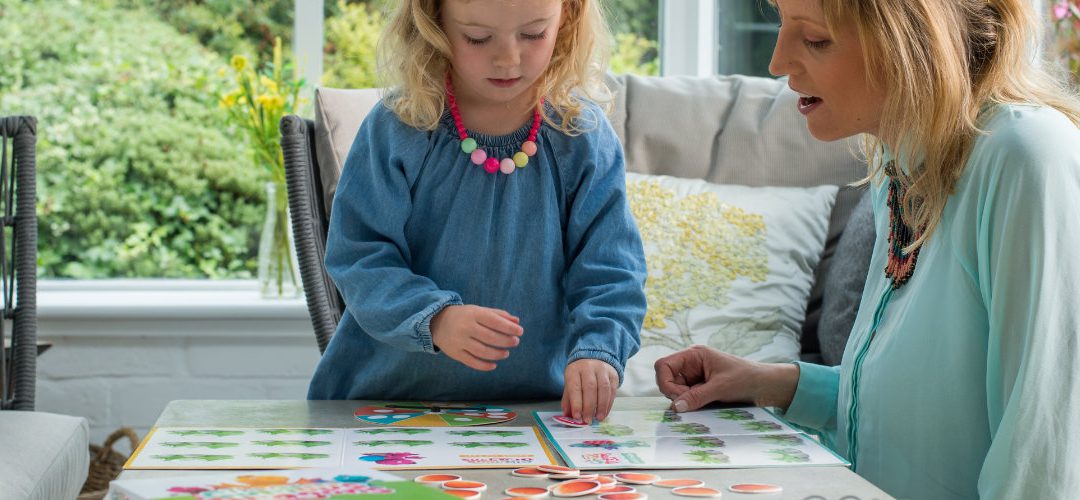Every parent, if they’re really honest, wants their child to be a bright spark, especially when it comes to maths. The key is to encourage their intelligence while remaining fun and holding their attention for more than five seconds.
The Curious Dragons is the first interactive learning system of games to help kids master maths.
Developed by a highly experienced advanced maths teacher, The Curious Dragons concept uses the ‘touch, visual and symbol’ approach employed with great success in Singapore, known as Singapore Maths. Singapore is routinely ranked at or near the top in global comparisons of mathematical ability and boasts one of the most admired education systems in the world!
Did You Know?
Singapore maths focuses on mastery, not just learning for a test, and supports the Maths Mastery method taught at school. It focuses on maths topics in greater depth. Based on the work of American psychologist, Jerome Bruner, the Singaporean curriculum begins with hands-on group activities with objects like buttons or dice. Next, students move onto the pictorial phase — drawing representations of concrete objects before moving on to abstract equations.
The Curious Dragons Box one is £27.99 and available at Amazon.co.uk
Did you know?
The UK ranks 27th in the world in the PISA tests of 2015 for maths achievement. Overall, only 11 per cent of students in the UK are top performers, this is compared to Singapore, the top performing country, where 35 per cent of students are top performers.
“We find the single most important factor in predicting later academic achievement is that children begin school with a mastery of early math and literacy concepts,” said Northwestern University researcher Greg Duncan. The study’s findings, which appear in an issue of Developmental Psychology, are based on an analysis of existing data from more than 35,000 preschoolers in the United States, Canada and England.
All Party Parliamentary Group 2014 found:
In 2013/14, 28% of children in England failed to achieve the expected level in mathematics at the end of the early years foundation stage (Department of Education 2014). And once they fall behind, they continue to do so throughout school. https://www.nationalnumeracy.org.uk/news/stop-nursery-children- falling-behind-maths-says-all-party-parliamentary-group http://www.northwestern.edu/newscenter/stories/2007/11/duncan.ht
